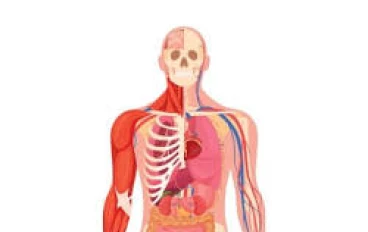
How Regular Exercise Supports Physical and Mental Well-being
Introduction
Staying active through regular exercise is one of the best habits you can build for a healthy body and mind. Exercise doesn’t just help you stay fit or manage your weight — it also lowers the risk of chronic diseases, strengthens your immune system, and supports better mental health by reducing stress and boosting your mood.
In today’s world, where many of us spend long hours sitting at a desk or in front of screens, making time for consistent movement has never been more important. In this article, you’ll learn about the key benefits of regular exercise, along with simple, realistic tips to help you turn physical activity into a lasting part of your daily routine.
How Exercise Keeps Your Body Strong and Healthy
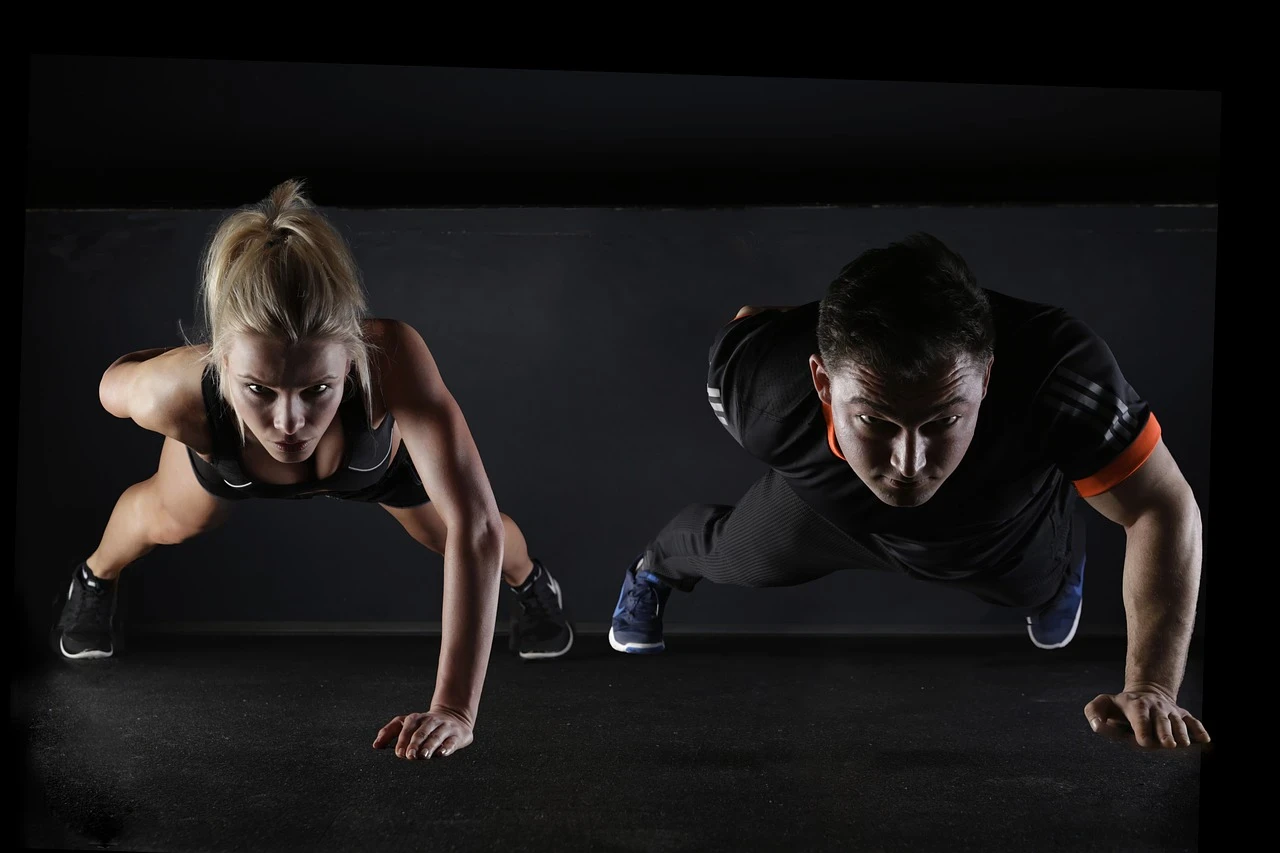
exercise improves balance, flexibility, and endurance
Regular physical activity supports nearly every aspect of your physical health. For example, exercise strengthens your heart, improves blood circulation, and helps lower blood pressure — all of which reduce the risk of heart disease. It also helps maintain strong bones and muscles, especially if you include some resistance or weight-training exercises in your routine, protecting you from osteoporosis as you get older.
In addition, staying active is a proven way to manage weight in a healthy, sustainable way by burning extra calories and keeping your metabolism strong. Moderate exercise has even been shown to boost the immune system, which helps lower your chances of getting sick. Finally, by improving your flexibility, balance, and endurance, regular movement makes everyday tasks easier and safer to handle.
How Exercise Supports Your Mental and Emotional Well-being
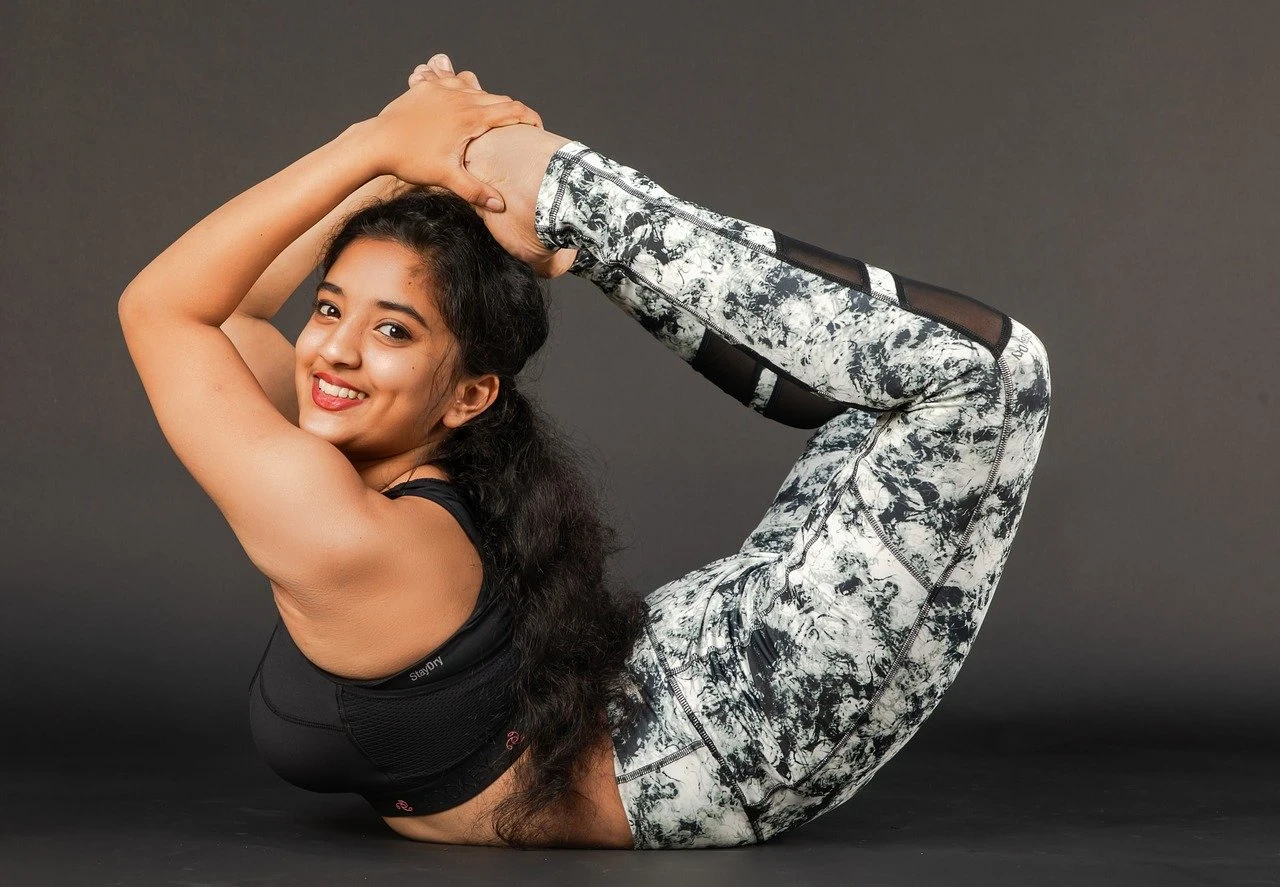
physical activity triggers the release of endorphins
Exercise doesn’t just strengthen your body — it also has a powerful impact on your mental and emotional well-being. Moving your body helps trigger the release of endorphins, often called “feel-good” hormones, which naturally lift your mood and ease feelings of stress, anxiety, or mild depression. Staying active can also build your self-confidence, whether through reaching personal fitness goals or simply keeping up with a regular routine, giving you a rewarding sense of achievement.
Beyond improving your mood, regular exercise supports better brain function by increasing blood flow, which can sharpen focus and memory. It also plays a role in regulating your sleep, helping you enjoy deeper and more restful nights. Plus, being physically active is a healthy, positive way to release daily tension and cope with life’s challenges in a balanced way.
How Exercise Helps Prevent Chronic Disease
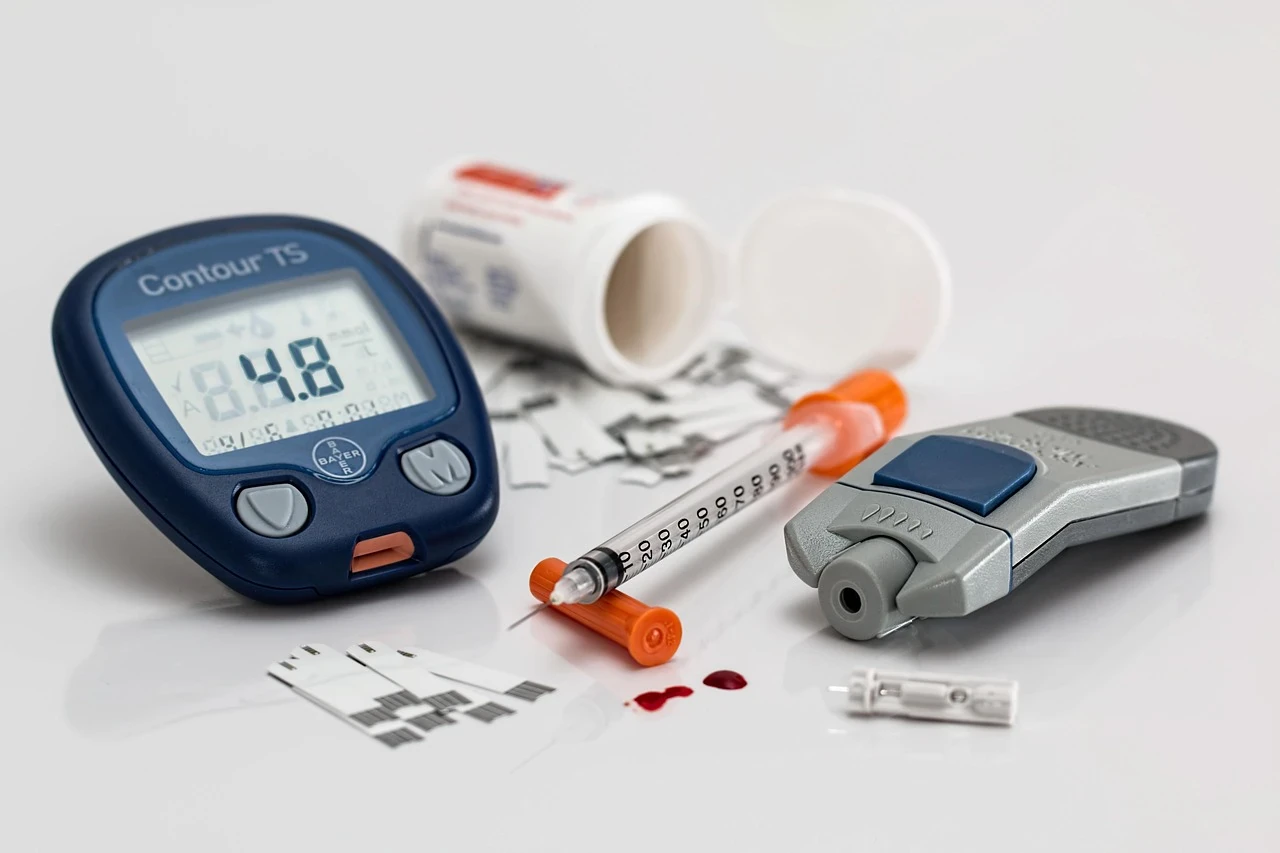
physical activity helps improve the body’s insulin sensitivity
Chronic diseases like type 2 diabetes, high blood pressure, heart disease, obesity, and osteoporosis are among the biggest health challenges people face today. Regular exercise is one of the most effective ways to help prevent these conditions before they start. When you stay active, you improve your body’s sensitivity to insulin, which lowers the risk of developing diabetes. Physical activity also reduces blood pressure and strengthens your heart and blood vessels, helping to protect you from cardiovascular disease.
Maintaining a healthy weight through exercise is another key benefit, since it prevents the buildup of excess fat linked to obesity and its complications. Strength-based activities are especially important because they keep your bones strong, lower the risk of osteoporosis, and help prevent dangerous falls and fractures as you age.
Some research even suggests that regular movement may lower your chances of developing certain cancers, like colon or breast cancer, by supporting the immune system and reducing chronic inflammation. All these reasons make exercise a powerful tool for prevention — going far beyond its role in mood, energy, and general well-being.
Best Exercises for a Strong Body and Mind

You can combine types of exercise throughout the week to gain complete benefits
To get the most out of your fitness routine, it helps to include a mix of exercises that suit your abilities and health needs. Cardio activities like walking, jogging, cycling, or swimming are excellent for keeping your heart healthy and boosting your overall endurance. Strength training is just as important, whether through lifting weights or using your own body weight with push-ups and squats, as it builds muscle and helps maintain strong bones.
Flexibility exercises, including gentle stretching or yoga, keep your joints mobile and reduce the risk of strains or injuries. Balance-focused movements, such as Pilates or simply practicing to stand steadily on one leg, can also be a valuable addition — especially as you grow older — because they improve stability and help prevent falls.
Combining these types of exercises throughout the week will give you well-rounded benefits, supporting both your physical health and your mental wellbeing.
How to Make Exercise Part of Your Daily Life
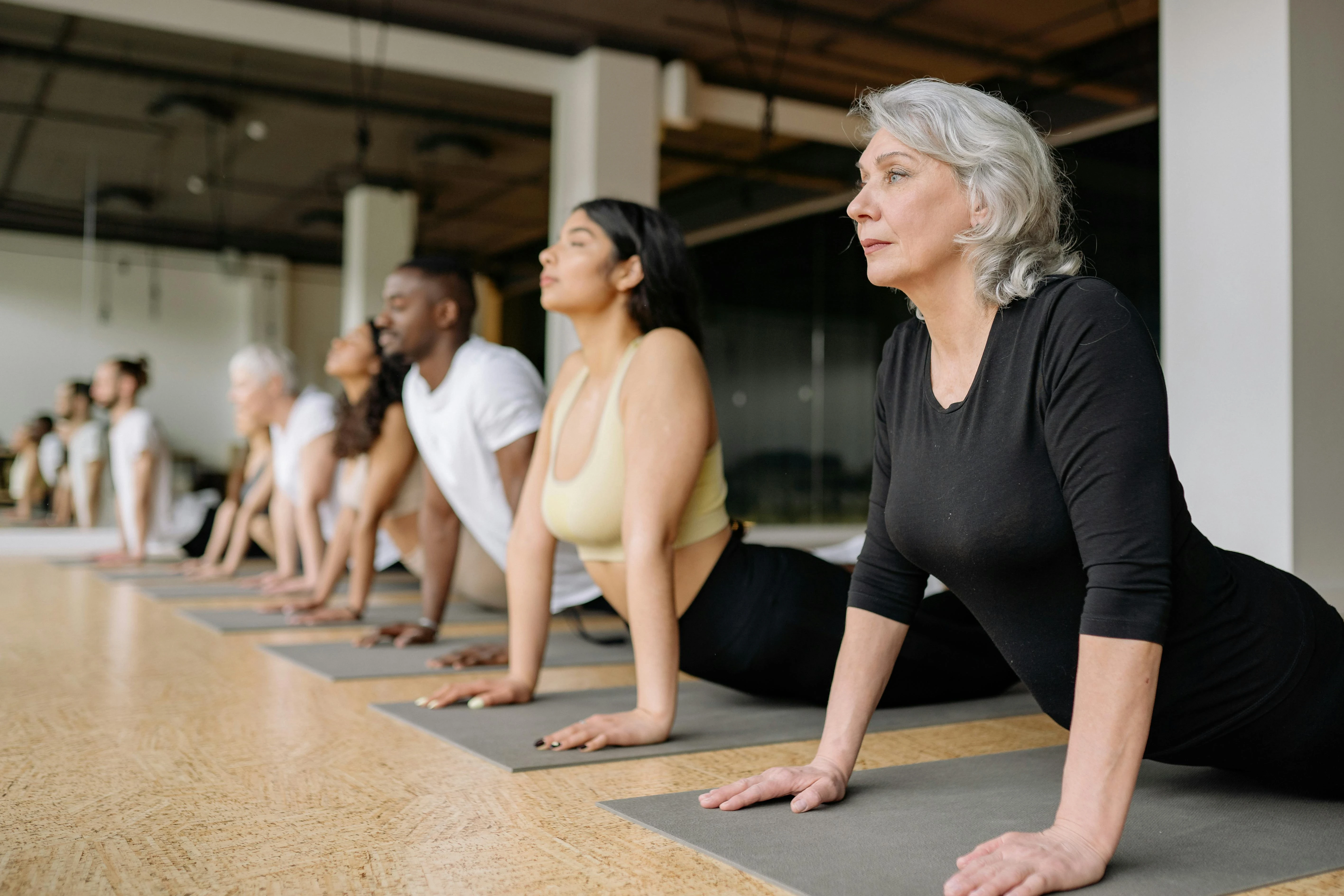
working out with someone else helps you stay motivated and makes exercising more fun
If you’d like to make exercise a steady habit, there are a few simple ways to get started. First, try to build up your activity level gradually instead of jumping into tough workouts all at once. Choosing exercises or sports you genuinely enjoy will also make you more motivated to stick with them. It’s a good idea to set a fixed time for your workouts during the week so they become a regular part of your schedule.
Another helpful tip is to exercise with a friend or partner — this adds a social boost and makes the activity more fun and encouraging. If you have any chronic health issues or take regular medications, talk to your doctor first to be sure your plan is safe. And don’t forget to celebrate small wins along the way. Every step you take toward a more active lifestyle, no matter how small, is an achievement worth recognizing.
Conclusion

In the end, choosing to stay active through regular exercise is one of the greatest gifts you can give yourself. Physical activity does so much more than improve your fitness level or shape — it boosts your mood, energizes your day, helps protect you from many chronic illnesses, and brings more vitality and enjoyment into your life.
The best way to make exercise stick is to pick activities you truly like, match them to your own abilities, and start gradually. Building consistency over time will turn movement into a positive, lasting habit. Remember, your health is a priceless treasure, and keeping your body in motion is one of the most powerful ways to preserve it.


































